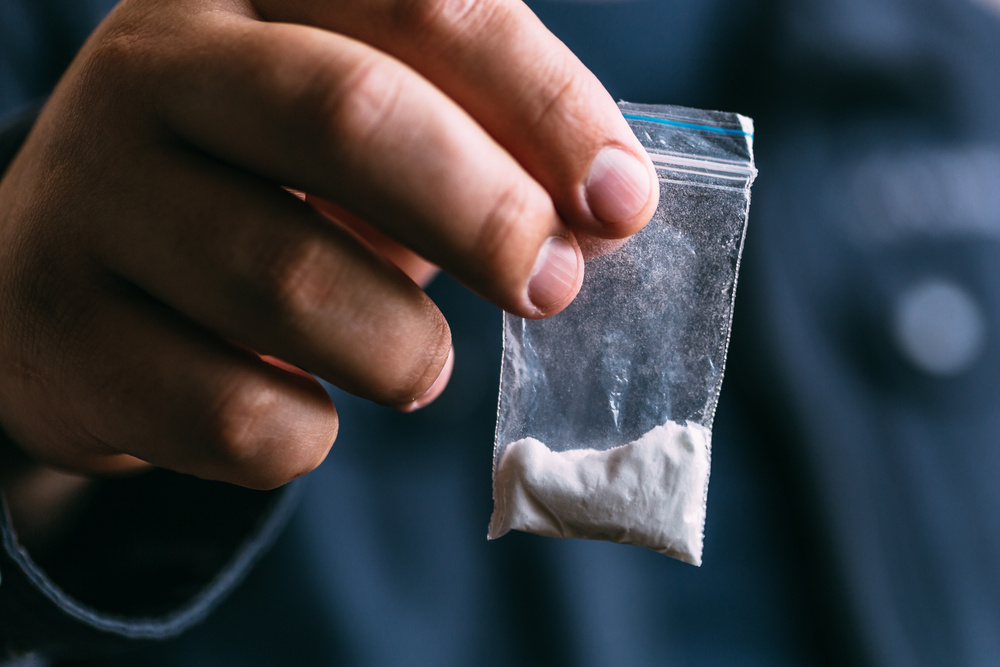Post-Traumatic Stress Disorder (PTSD) is a psychological condition triggered by a person experiencing a particularly terrifying event, which then becomes an ongoing fixation. First identified in soldiers following the first two World Wars, PTSD is now recognized as a condition that almost anyone can experience after going through a sufficiently traumatizing event. Estimates are around 5% of people suffer from PTSD every year.
PTSD patients are prone to flashbacks, anxiety, depression, and continuous intrusive thoughts about the event. This can become disruptive to the point of making it difficult to function day-to-day.
Unfortunately, PTSD can be difficult to treat. Treatment plans usually involve both psychological counseling alongside medications such as SSRIs. While these treatments can be effective, they often take a long time - and substantial financial resources - to work. Also, not all PTSD responds to such methods. In addition, the medications often have unpleasant side effects, such as SSRIs being accompanied by nausea and other digestive irregularity.
So, research is ongoing into new treatments for PTSD. One of the most promising threads is psychedelic therapy for PTSD. Chemicals previously considered purely recreational are now being seriously considered for their potential in helping PTSD patients find faster relief.
Looking At Psychedelic Therapy for PTSD
Currently, most academic research into psychedelic PTSD treatment has been focused on possible candidates. These include MDMA, LSD, DMT, and ketamine.
We should add the disclaimer here that these drugs are still illegal in most places unless a person is taking part in an approved scientific study. Research laws in your local area before considering any use of these drugs for yourself.
MDMA Treatment for PTSD
MDMA (AKA Ecstacy or Molly) was first synthesized in the early 20th century, and was considered as a therapeutic drug as early as the 1960s-70s. However, it was discovered by recreational drug culture in the 1980s, which somewhat tarnished its medical reputation.
However, MDMA remains uniquely positioned as a potential therapeutic medication. The drug is known for its empathy-enhancing effects, including increased social engagement, easier acceptance of positive criticism, and a willingness to share one's emotions. In addition, it causes the brain to release oxytocin, which reduces stress and fear responses. This would seem to make it an excellent aid to psychological therapy, making it easier for PTSD patients to open up about their experiences without being crippled by stress.
Research backs this up as well. A recent placebo-controlled Nature Medicine study with diverse participants showed "significantly improved PTSD symptoms and functional impairment" across most participants. However, there was some concern about potentially harmful physiological effects, such as elevated heart rate and blood pressure.
Overall, MDMA shows great promise as a PTSD treatment.
LSD Treatment for PTSD
LSD (AKA Acid) is probably the most famous of the psychedelic drugs. Its potential for therapeutic use has been debated since the 1960s, when controversial psychologist Timothy Leary first began using it with patients and advocating its use.
However, perhaps in part due to Leary's work not being up to modern standards, very few dedicated studies into LSD as PTSD treatment have been conducted recently. Most are folded into studies involving multiple psychedelics.
One notable Frontiers in Psychiatry study looked at a group therapy conducted over several years, utilizing both LSD and MDMA in combination. The overall results were positive, especially with regards to trauma-related issues, and with few safety concerns. However, the long-term nature of the treatment does little to advance the idea of psychedelic therapy for PTSD as a faster or cheaper alternative to traditional treatments. Additionally, it can be difficult to discern the individual contributions of the MDMA, LSD, and regular group therapy to the overall outcomes.
That said, there is potentially room for LSD to become an assist along with other forms of PTSD therapy. Fortunately, the FDA has recently begun allowing more clinical use of LSD.
DMT Therapy for PTSD
DMT is a powerful hallucinogen, with effects similar to LSD/Acid. While it can be taken directly, it is more often received through "magic" mushrooms containing psilocybin, which the body converts into DMT. The altered states created by the drug are believed to make the mind more plastic and malleable, potentially opening the door to changing harmful behaviors or thought patterns which resist traditional treatment.
While there has been research into using DMT to treat depression, research on PTSD applications has been limited. One recent Frontiers publication, the first longitudinal case study on DMT for PTSD, had mixed results. The patient did have alleviation of their PTSD symptoms in the long term, including substantial reduction in suicide risk. However, the patient experienced unpleasant side effects along the way, including nausea and severe nightmares.
Whether DMT's benefits outweigh the risks has yet to be seen. More research is needed.
Ketamine Therapy for PTSD
Beyond its street use as a feel-good drug, ketamine is already well-known for its capability to improve treatment-resistant depression. So, it's natural for ketamine to be investigated for PTSD treatment as well.
This, too, has shown extremely promising results - even without any additional psychotherapy. In a randomized controlled 2014 trial, an IV infusion of ketamine alone brought significant reduction in PTSD symptoms for roughly a week. Further 2018 work with military veterans showed that multiple IV infusions over a 12-day period brought more than a month's relief, with 80% of those studied entering remission for PTSD.
That said, studies combining ketamine with therapy have shown better long-term results than ketamine alone. Which is not surprising.
Of all the psychedelic or party drugs currently studied for PTSD treatment, ketamine shows the most potential for quick relief, compared to more traditional methods.
Should You Consider Psychedelic Treatment for PTSD?
Right now, the research looks extremely promising - especially for MDMA and ketamine. People suffering PTSD that resists other treatments, or who lack the resources for long-term therapy, may want to look more deeply into the subject.
However, if you are currently receiving therapy or other psychological treatment, we strongly advise discussing the matter with your doctor rather than going alone. In general, psychedelics alongside therapy seem to bring the best results.





